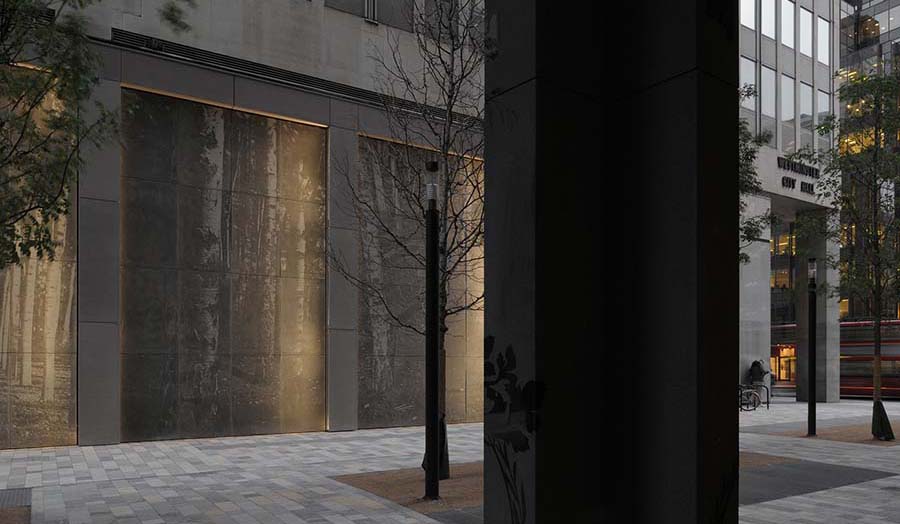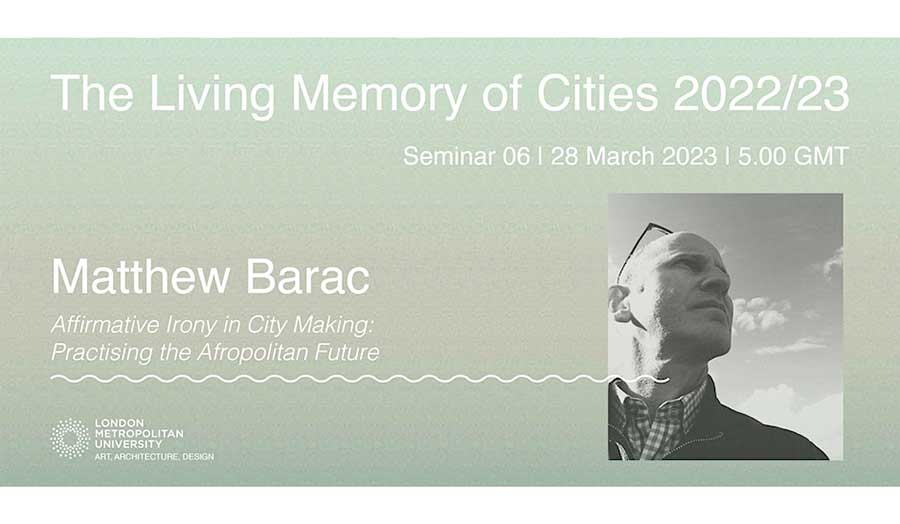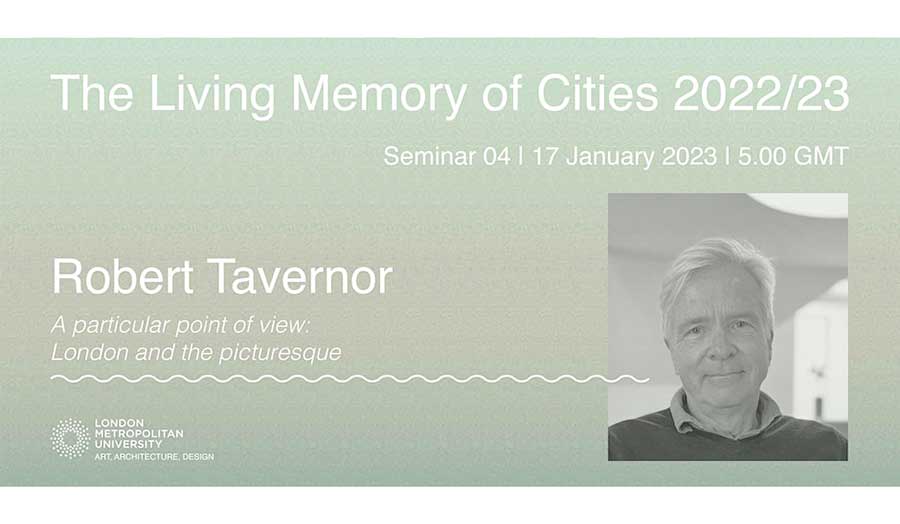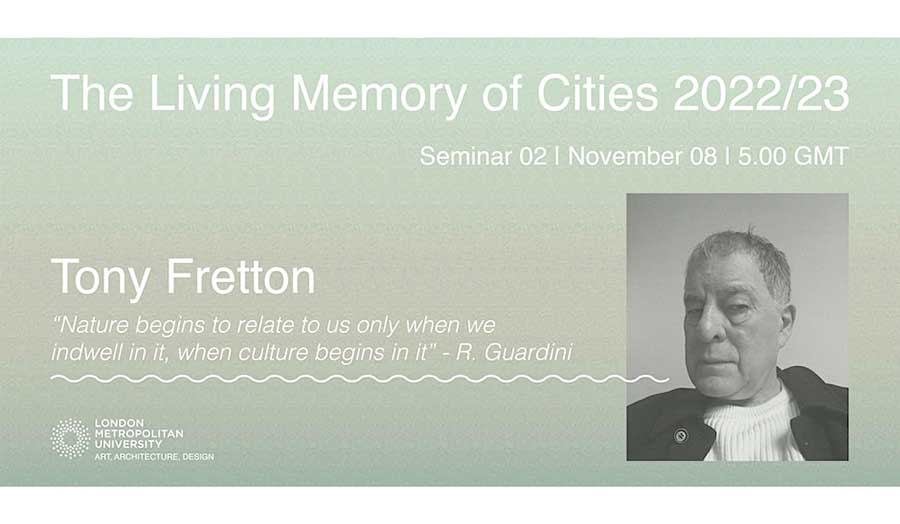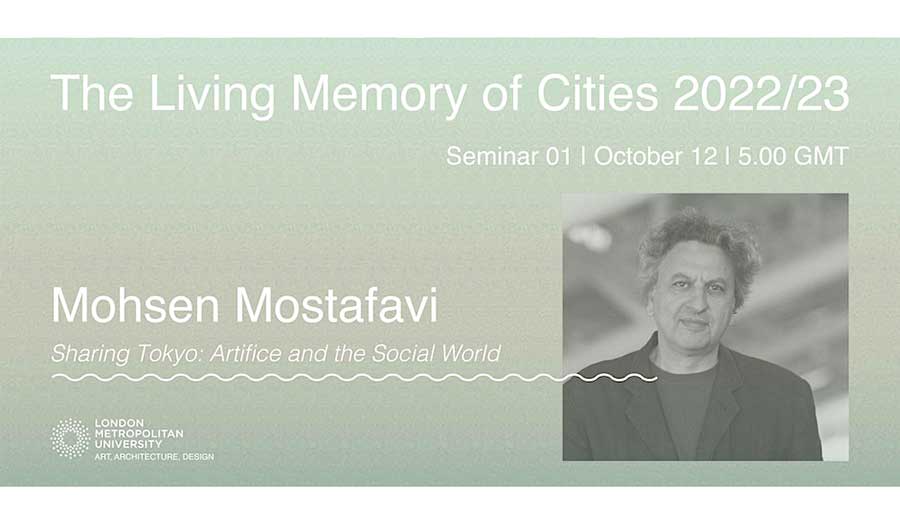Join us for The Living Memory of Cities, a seminar series convened in collaboration with Eric Parry Architects and the Centre for Urban and Built Ecologies (CUBE), London Metropolitan University.
The Fermented City
It has oft been argued that humanity can be seen in the difference of what Claude Lévi-Strauss called Le Cru et le Cuit, crudely translated as the “Raw and the Cooked”. We might argue that humanity is not so much emergent from the distinction between the raw and cooked, raw and prepared, but perhaps humanity’s sole distinction is to be able to benefit from a seeming alchemic process where something extant is transformed into something more valuable, it is the process of fermentation that strangely, is perhaps what distinguishes our humanity. In cultures across the world, we have this process where cheese is more valuable than the milk that it came from, wine is more valuable than the grape juice, and so on with soy sauce, pickled vegetables, leavened bread, fermented concotions etc. This transformation is herewith described as ‘strange’ - because we seldom think of this process as a form of controlled rot or controlled decay, least of all within the natural environment. Certainly, our cities are in some form or other ‘prepared’: many are palimpsests over prior arrangements and relationships, and most cities are aggregations of something old, something new, and sometimes something borrowed. Is it possible to see fermentation in cities? What, if at all, is the idea of the fermented city?
Raymond Quek is Professor of Architecture at Norwich University of the Arts.
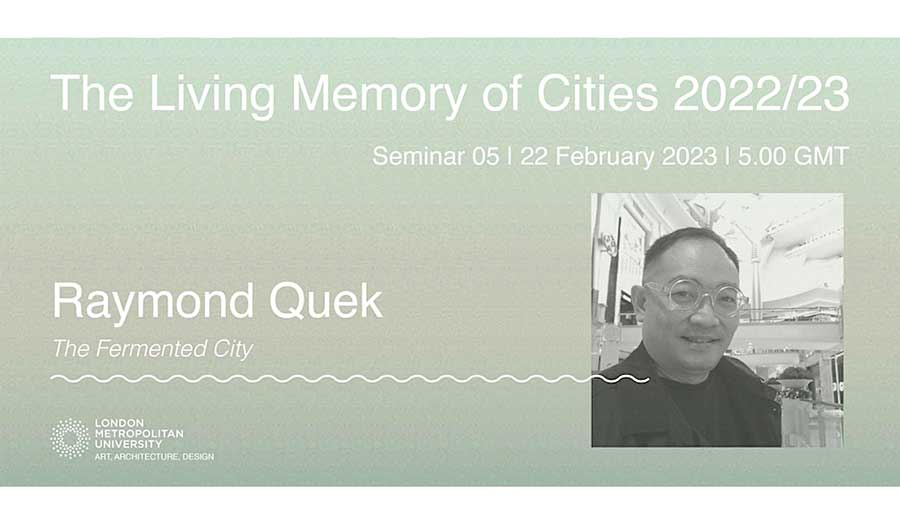
Details
| Date/time | Online: Wednesday 22 February 2023, 5pm to 6.30pm |
|---|---|
| Tickets | Book your ticket via Eventbrite |
| Follow on Eventbrite | The Centre for Urban and Built Ecologies |
| Follow on Twitter | @Research_LMArts |
Professor of Architecture at Norwich University of the Arts Raymond Quek introduces this seminar entitled The Fermented City. He explores the argument that humanity is not so much emergent from the distinction between the raw and cooked, raw and prepared, considering an idea that humanity’s sole distinction is to be able to benefit from a seeming alchemic process where something extant is transformed into something more valuable – ie, that the process of fermentation is perhaps what distinguishes our humanity. Is it possible to see fermentation in cities?

